Though Apple has used the month of September to introduce new iPhones for four straight years, that could change in 2016 with an earlier than expected debut for the "iPhone 7," a source has told AppleInsider.
Since the iPhone 5 launched on Sept. 21, 2012, all proceeding iPhone models have launched around that same late-September period. Most recently, the iPhone 6s and iPhone 6s Plus arrived in the hands of consumers on Sept. 25.
Launching an "iPhone 7" earlier than expected could calm concerns that iPhone 6s demand might wane at the end of its product cycle.
But that pattern could end next year with an earlier launch, a reliable source told AppleInsider on Wednesday. The same person has, in the past, provided accurate information about the Apple's future product plans.
Exactly how early it might launch, however, remains unknown. Up until the iPhone 4s in 2011, the first four generations of iPhone upgrades launched in the summer, in the months of June and July.
The lone outlier from those launch windows was the iPhone 4s, which became available in October.
Though plans can change as a product makes its way to market, Apple is apparently hoping to complete the development cycle of its "iPhone 7" faster than in previous years. It's expected that the next-generation handset will feature a completely new external design, as the company has traditionally done with new model numbers.
This year's iPhone 6s upgrade features largely the same external design as the iPhone 6. That has prompted concerns among investors that demand for the iPhone 6s could wane, particularly toward the tail end of the product cycle, as consumers await a new-look "iPhone 7" next year.
Launching the "iPhone 7" in an earlier window of 2016 would be one way for Apple to address those concerns, and to help avoid a potential year-over-year decrease in sales as the iPhone 6s product cycle winds down.
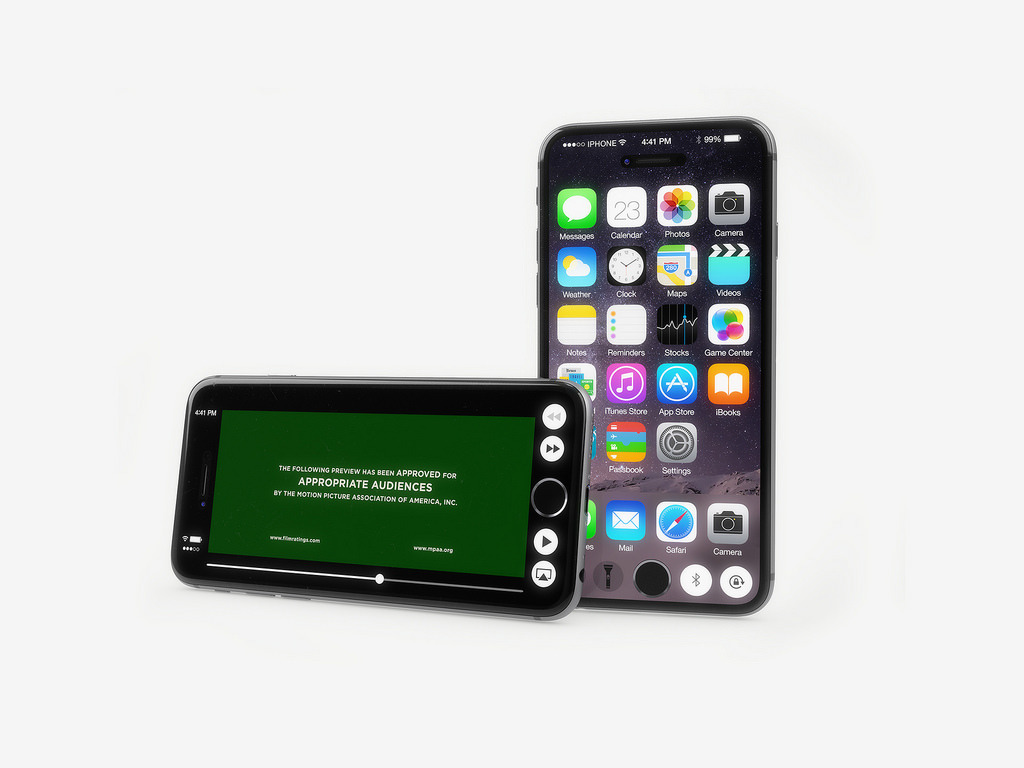 "iPhone 7" concept by Martin Hajek.
"iPhone 7" concept by Martin Hajek.Analyst Ming-Chi Kuo, another reliable insider on Apple's future product plans, said on Tuesday that Apple also plans to begin mass production of a revamped 4-inch iPhone sometime in the first half of 2016. That suggests Apple is planning to launch three new iPhones in 2016, joining an "iPhone 7" and "iPhone 7 Plus."
According to Kuo, the "iPhone 7" series is currently scheduled to begin production a little later, in the third quarter of calendar 2016. That would place manufacturing anywhere from July to September, according to his sources.
Kuo also said that Apple is expected to bump up the RAM in the "iPhone 7 Plus" to 3 gigabytes, an increase from the 2 gigabytes of RAM found in the iPhone 6s series, and three times that of the 1 gigabyte in the iPhone 6 lineup. He believes the 3-gigabyte boost will be exclusive to the larger 5.5-inch Plus variant, with the smaller 4.7-inch "iPhone 7" staying at 2 gigabytes in its "A10" processor.
 Neil Hughes
Neil Hughes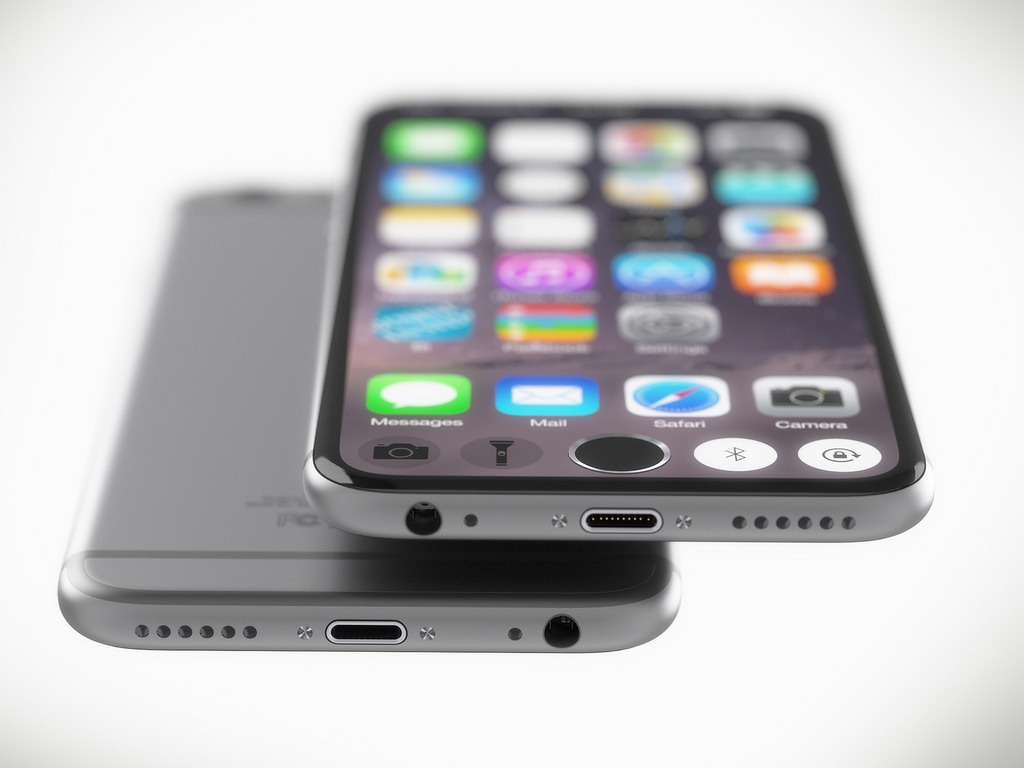


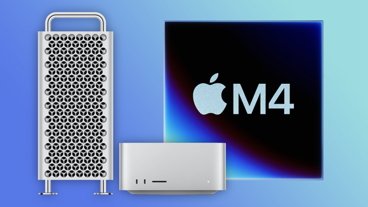
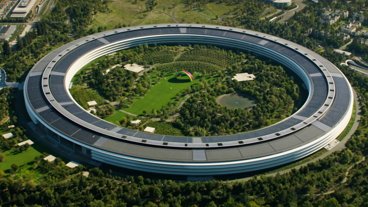

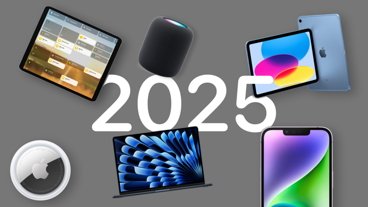

-m.jpg)






 Malcolm Owen
Malcolm Owen
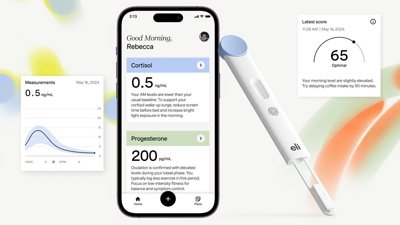


 Andrew Orr
Andrew Orr
 Andrew O'Hara
Andrew O'Hara

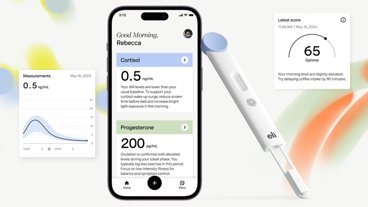








68 Comments
Bring on the innovation.
So now we've heard from Kuo, and Appleinsider. Any bets on how soon we hear from Mark Gurman regarding iPhone 7?
These iPhone 7 stories might actually be a campaign to suppress iPhone 6S sales. Start talking now about the next model, that it'll be great and released early, and you might be able to persuade people to wait. I wouldn't be surprised that's an actual strategy being played out at the hands of Apple's competitors and haters. Nobody should take seriously any iPhone 7 to updated 4" iPhone chatter.
They say this every year man
iPhone release in the summer or even April would be much better instead of pushing everything in the fall season.....
Apple is not desperate. I might expect (and we've seen) this behavior out of Samsung, but Apple has no need to behave like this... which is both good and bad. Good in that the iPhone has its life cycle, bad in that things like the Mac Pro and Mac mini don't get updated as frequently (since they don't "need" to).